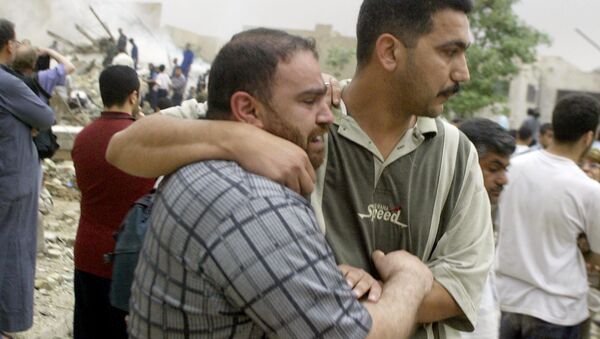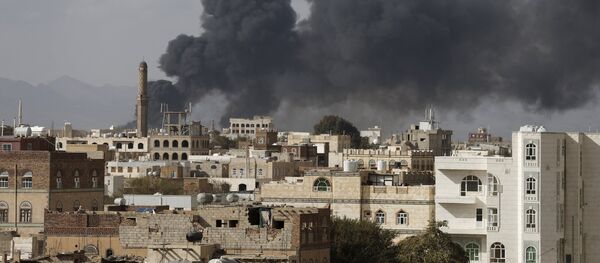The civilians were prevented from taking the case to court in Iraq and so brought it to the attention of the English justice system. They decided to take the UK Ministry of Defense to court, and their claims were given the go-ahead by the High Court, but were blocked by the Court of Appeal, who said that the law in Iraq means the person has a time limit of three years to bring a case to court. This had passed and as a result it was now too late.
UKSC dismisses Iraqi Civilians’ appeal v MoD: claimants time-barred from seeking damages against British forces https://t.co/U087j8pAyS
— UK Supreme Court (@UKSupremeCourt) May 12, 2016
There are 600 Iraqi civilians who have been impacted by the ruling; they claim to have suffered mistreatment and abuse at the hands of the British armed forces, stationed in Iraq. The alleged mistreatment is meant to have taken place between 2003 and 2009.
The Foreign Limitations Periods Act states that in cases of this type the English laws should adhere to the foreign laws of limitation and then apply it to English proceedings.
In this case the Iraqi law states, in Article 232 of the Iraqi Civil Code, "A claim for damages resulting from whatever (kind) of unlawful act should not be heard after the lapse of three years from the day in which the injured person became aware of the injury".
This rejection by the Appeal Court was based on Article 232 of the Iraqi Civil Code. Despite this however, the group took their case to the Supreme Court. Lord Stumpton one of the five Supreme Court Judges confirmed the reason why the case had not been allowed a hearing in Iraq, which was due to the fact the group had missed the three-year deadline.
However, the group claim that an immunity order against the British armed forces, prevented them from taking the case to court in Iraq within the required time. Regardless of this immunity order, The Supreme Court sided with the decision made by the Court of Appeal and said that Article 232 was still applicable in this case.
In a statement sent to Sputnik by Amnesty International, UK Head of Policy and Government Affairs Allan Hogarth, said that the crimes committed against Iraqi civilians by British troops did happen, and they were some of the most horrific war crimes.
"It's an unpalatable truth that some dreadful incidents of abuse did occur at the hands of a minority of UK forces in Iraq. Let's not forget, the young hotel receptionist Baha Mousa, who died after suffering the most appalling abuse at the hands of British soldiers in Basra," Hogarth said.
Mr Hogarth went on to say, "Soldiers do a difficult and dangerous job, but they shouldn't be above the law when it comes to the torture of detainees and other dreadful acts."





